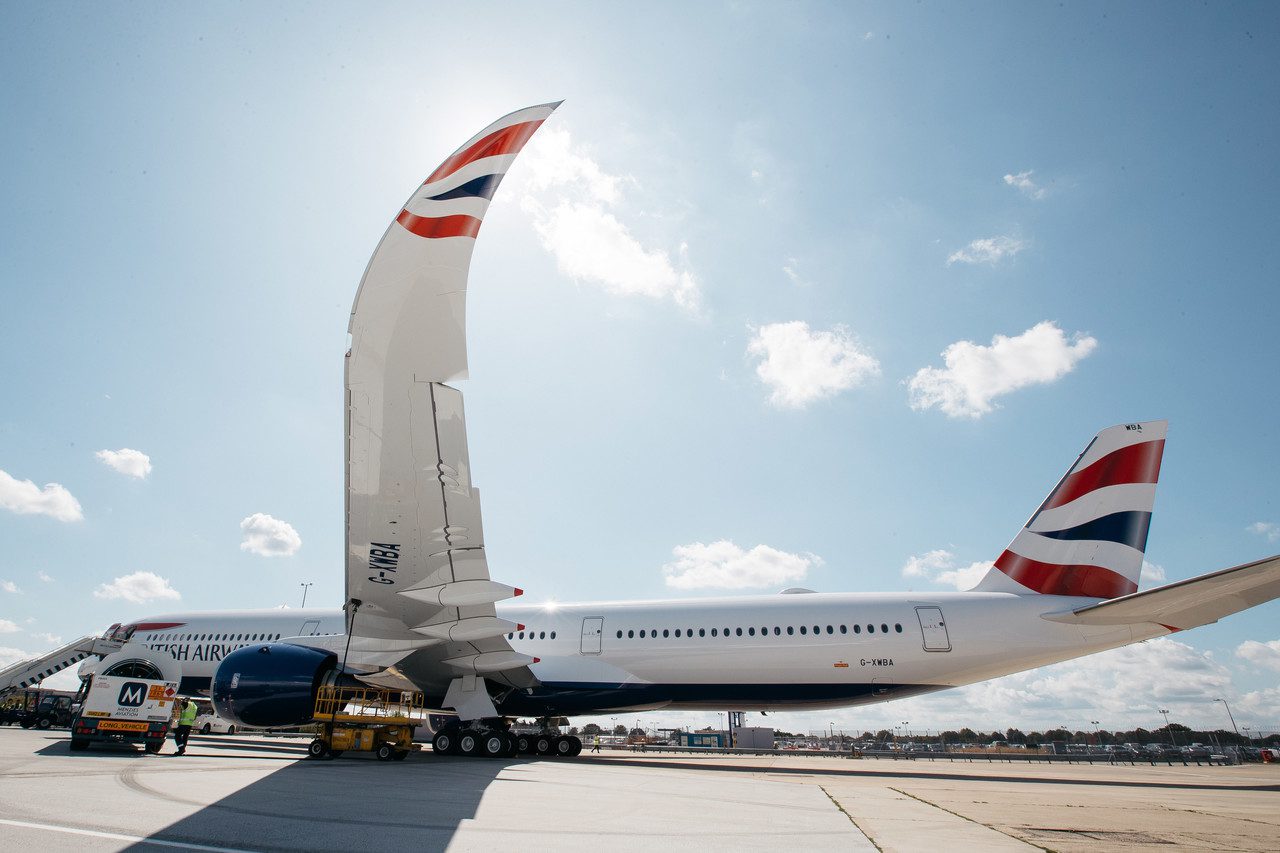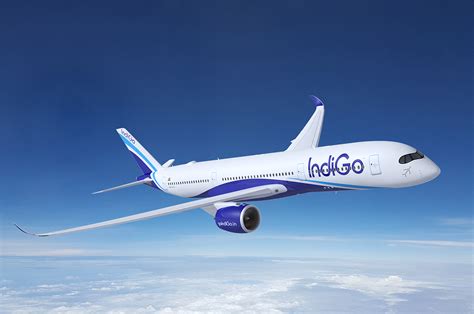
britishairways 216861476215892
International Airlines Group (IAG) is to stick to its downsizing policy and will continue to restructure its portfolio of airlines as it looks to emerge from the Covid crisis. This will be a painful process with many job losses, but absolutely necessary, the parent of British Airways and Iberia said at the presentation of its HY1 results on July 31. IAG recorded a loss after tax of EUR -1.965 billion.
In his last presentation as CEO before leaving his position to Luis Gallego on September 8, Willie Walsh tried to make it clear how serious the current situation is. Het witnessed the effects of 9/11 in 2001 and the economic crisis in 2009, which both left their marks on the aviation industry. The same will happen now, said Walsh: “Anybody who believes this is a temporary crisis is misguided. We need to restructure. I am worried about how some are focused on liquidity and do not restructure”, referring to Air France-KLM.
British Airways has to make deep cuts and anticipates 13.000 job losses. This is still under consultation with unions but Walsh blames some of them for the lack of comprehension of the crisis. “Unite (union) entered the crisis with the belief this would be temporary with only short-term measures needed. They are out of touch about reality. (…) This is worse by any measure and anytime to what we have seen before.”
Restructuring at each airline:
All airlines within IAG are committed to taking the necessary steps, Walsh said. Gallardo outlined those steps for each airline:
British Airways will reduce its workforce by 13.000 and is in talks with unions. Some 85 percent out of an 87 turnout of BALPA pilot union members has accepted the restructuring proposal. This includes 20 percent pay cuts and 270 pilots losing their jobs. By the end of July, 1.600 BA staff had taken up voluntary redundancy.
BA will reduce its network, especially the non-core markets while continuing to lean heavily on the important transatlantic market (37 percent of revenues is earned here).
BA has parked all its 32 Boeing 747-400, which has been a no-brainer. “We could not make a case to return the 747 in the near-term. The costs of storing, maintaining, and returning them to service made absolutely no sense, so we have retired them”, Willie Walsh said.
The same will happen to the Airbus A318-fleet while thirteen A320ceo’s are to be retired. Four A380s are temporarily stored, while up to eighteen narrow bodies are also stored. BA Cityflyer, operating out of London City, will be “rightsized” to prepare it for lower business demand.
Iberia has the majority of its staff working under the Force Majeure ERTE program that runs until September 20. What will happen next is not clear, but it could be extended with a mix of temporary and structural measures.
The Spanish carrier will reduce its long-haul network, which explains why all fifteen A340-600s and two other widebodies are retired from service. “Maintaining them in the fleet could have been better and cheaper but in the near- to medium-term we consider the A350 to be right for the future”, Gallego said.
Iberia will also ground seventeen narrow bodies and has deferred deliveries of some A320neo’s.
Spanish low-cost carrier Vueling like Iberia has much staff placed under the ERTE scheme. From October permanent solutions are almost certain that could include forced redundancies.
The airline will cut back capacity in 2021 by an average of 22 percent: twelve percent on Domestic routes, 26 percent on European routes. It has grounded 48 Airbus ceo’s but they are expected to return to service next year.
As reported earlier, LEVEL has become the victim of the crisis within IAG. Its short-haul operations with Anisec Luftfahrt have ceased, resulting in 240 job losses at its Vienna and Amsterdam bases. Six A320/A321ceo’s will return to Vueling from where they came from in 2017/2018.
LEVEL’s long-haul operations out of Paris by Open Skies will also end, although this is still subject of consultation. Closing Paris will lead to up to 190 redundancies. Five A330s have been parked.
Aer Lingus will reduce its short-haul operations, with routes to North America (with the A321LR) to remain mostly unaffected. Three A330s and six A320s have been grounded, while six wet-leased aircraft will return to their lessors.
The Irish carrier will reduce headcount by 250, impose salary cuts on pilots, pay and hour cuts on operational staff, and outsource catering.
With smaller operations comes a smaller fleet. IAG has deferred deliveries of 68 new aircraft to beyond 2022. “As you have seen before our fleet plan beyond 2022 was already pretty modest. We don’t want to have new ones in our business right now, that’s why we have deferred. It’s not that we don’t want them but only when”, Chief Financial Officer Steve Gunning said.
Instead of 143 deliveries until 2022, IAG will take only 75, with the biggest reductions seen in 2021 and 2020 when 54 single-aisle aircraft have been taken out of the schedule. This reduces fleet-related Capex by EUR 6.1 billion. IAG still plans to return twenty aircraft to lessors before the end of the year.
Q2 and HY1 all about losses
Looking at the Q2/HY1 results, IAG booked a EUR -1.409 billion loss after tax in Q2, an operating loss of EUR-1.365 billion on revenues of EUR 741 million. In HY1, profit after tax was EUR -1.965, the operating loss EUR-1.900 billion, and revenues EUR 5.326 billion. The group flew 20.385 passengers in Q2 (-98.4 percent) but operated 1.875 cargo-only flights.
Exceptional items in Q2 included impairment costs of EUR 731 million on the retirement of BA’s 747s, Iberia’s A34-600s, and thirteen other aircraft. Fuel hedging cost EUR 1.269 billion.
Cash costs were reduced from EUR 440 million per week in Q1 to EUR 205 million in Q2 and even EUR 193 million by late June. As operations increase in Q3, this is expected to return to 205 million. Looking at the current scenario of -74 percent capacity in Q3 and -46 percent in Q4, IAG expects to break even on cash flow by Q4.
Net debt grew from EUR 7.5 billion in March to 10.4 billion in June, with liquidity down from EUR 9.5 to 8.1 billion thanks to loans from the UK and Spain.
IAG plans 2.75 billion rights issue
To further bolster liquidity and preserve its balance sheet of at least twenty percent of revenues, IAG has proposed a rights issue of up to EUR 2.75 billion that subject to shareholder approval on September 8. One of them, Qatar Airways (25.1 percent) is fully supporting the proposal. If the airline will increase its share in IAG by participating in the rights issue was not confirmed by IAG today. The capital injection will also offset EUR 2.9 billion in debt since March.
Despite the difficult situation IAG finds itself in, the group remains interested in buying Spanish Air Europa. The acquisition will have considerable strategic and financial benefits it IAG and its shareholders as it helps strengthen its position in Spain and the Latin/South American market. IAG planned to buy Air Europa for EUR 1 billion but remains in negotiations with owner Globalia about a revision of the terms and price. Gallego hopes to finalize an agreement before the end of this year, with Walsh adding that he doesn’t think Air Europa’s position is too weak and it will fail before that.
Views: 6




